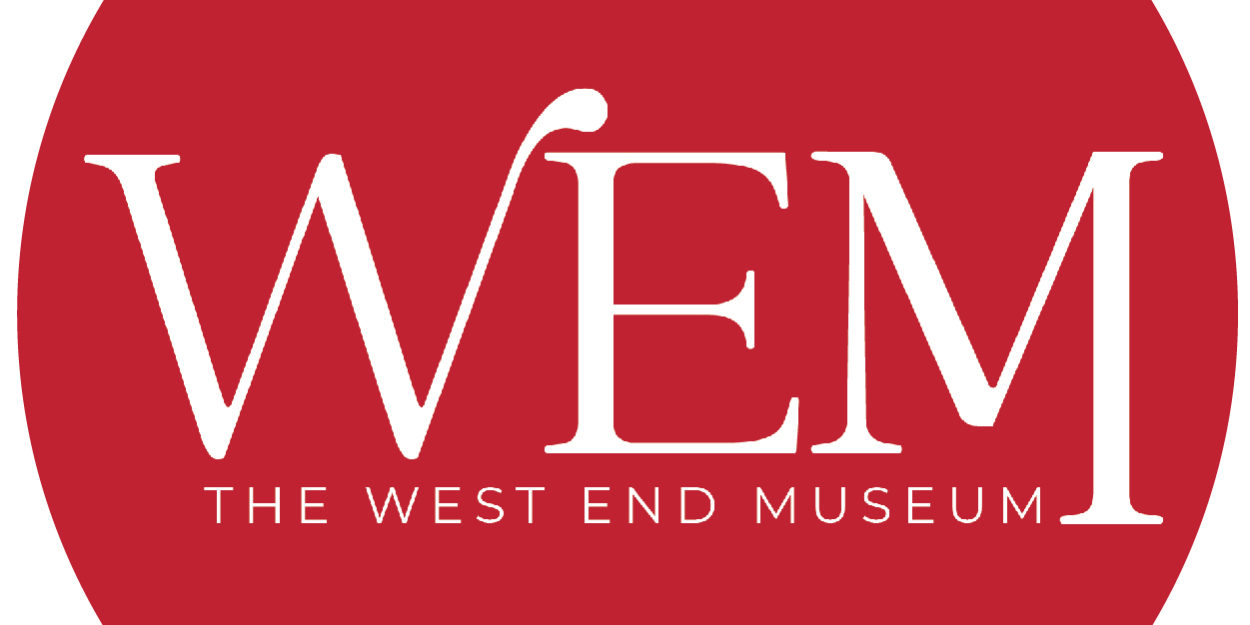West End Native Joe McDonald Bridges Old and New
West End Museum Advisory Board Member Joe McDonald is no stranger to community activism. As a second-generation West End native, he grew up watching his father dedicate countless hours to enhancing the neighborhood. And now, through his involvement with the Museum and as the first native-born West Ender to become President of the West End Civic Association (WECA), McDonald is following proudly in his father’s footsteps.
McDonald’s dad Joseph worked tirelessly for the Massachusetts Department of Child Guardianship for nearly 35 years, serving troubled youths and finding homes for children who were wards of the state. He helped to found Community Boating and was an active member of the Hendrick’s Club, having joined Martin Lomasney’s social and political group in 1923. He greatly admired the longtime influential Boston politician known as “the boss of Ward 8,” even keeping a photo of Lomasney above his desk. Sadly in 1952, Joseph moved his family to Jamaica Plain when the City of Boston announced its redevelopment plans for the West End. Although McDonald was just 12 years old at the time, he has vivid and lasting memories that drive his commitment to the neighborhood.
McDonald lived in Rockport for seven years, but yearned to return to his childhood community. Upon retirement in 1993, he found a condo literally 50 feet from his birthplace and happily made his homecoming to the West End. He joined WECA in 2003, was elected Vice President of the organization last year and is now taking his turn at President. McDonald says the whole purpose of WECA is to further the interests of present-day West End. Still, there are strong ties to the past with eight current WECA members whose roots stem back prior to the devastating urban renewal that demolished the community. Many are also West End Museum members. So there is a real sense of connecting the old with the new for the betterment of all.
McDonald sees the West End Museum as, in part, filling the role of the old social clubs and Elizabeth Peabody House community center. By hosting neighborhood-focused events, exhibits that highlight various historical and cultural aspects of the area, and even the monthly WECA meetings, the Museum provides multiple opportunities to celebrate the West End and bring together former and current residents and business people to foster a renewed sense of community.
“The Museum has been a great addition to the neighborhood and, over the past year, has grown to focus on far more than the demolition of the 1950s. It has expanded to embrace other periods all the way through to the present day, giving a wider historical perspective that’s been very enlightening for old and new West Enders alike.” McDonald said. “It’s fantastic that the Museum honors our history and culture beyond urban renewal.” Still, McDonald feels there is much of great value to be learned from the “old days” and he longs to bring the best of the old neighborhood to today’s West End.
“We’d like to get a little closer to what the old West End was-a vibrant, close-knit, family-oriented community,” said McDonald, “and that’s exactly what we’re aiming to do through the Association and the Museum.”
McDonald believes the greatest obstacles in the way of a return to the glory days of the old West End are concerns that prevent the attraction of young families. The absence of appropriate housing, a school, and even a supermarket all contribute to the neighborhood’s lack of family appeal. McDonald says his main job as president of WECA is to aggressively and consistently lobby the City and State to address these challenges. For example, WECA has been vigilant in trying to influence the plans for nine large residential towers set to break ground within two blocks of North Station in the next few years.
“This new construction is our biggest struggle right now,” McDonald said. “Each building is being planned as if the others don’t exist, and that simply can’t work. The flow of traffic alone, especially during Celtics and Bruins games, will be a nightmare for the neighborhood. WECA has approached the City Council advocating for a unified traffic plan that accounts for all of the new buildings.”
In addition, current housing in the West End largely comprises one-bedrooms, and the majority of units planned for the new towers are studios and one-bedrooms. McDonald and WECA are engaged in an ongoing campaign to sway developers to include more two- and three-bedroom units in order to attract families.
The West End Museum clearly has a stake in the future of the neighborhood as well and would welcome an influx of families. Already hosting events for children and families, the staff would happily expand such programs if there were a demand. Through membership programs, the Museum already caters to old and new residents (and others) who choose to invest as little as $40 a year in support. The perks include access to “members only” events, discounts at the Museum store and on paid programs, early notification about special events and more. The intangible benefits include the sense of pride and satisfaction that come from strengthening such a worthy organization and playing a vital part in its survival and success as well as in the advancement of the community.
McDonald contends, “If, over the next three to five years, we can be even moderately successful in our efforts to increase housing options, effectively control traffic, and bring a new supermarket and school to the area, then we have a real shot at rebuilding a community that reflects everything that made the old neighborhood so dynamic and special.”

